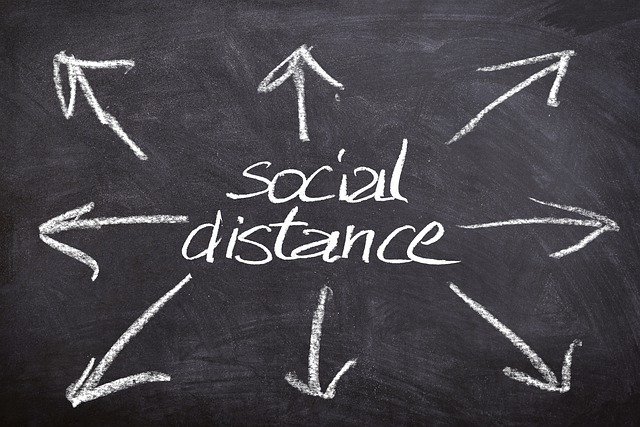We are currently in the midst of the Coronavirus disease (COVID-19) pandemic. Befittingly, health experts and government officials are stressing the importance of social distancing to prevent the spread of this novel coronavirus (nCoV). Most of us have the cognitive and physical abilities to adapt to social distancing, but imagine what happens to those who lack this skill set. Families and caregivers taking care of individuals with developmental disabilities, or major neurocognitive disorders, such as Alzheimer’s disease, or physically incapacitating neurological disorders, especially if their loved ones need assistance with activities of daily living, such as bathing, eating, transferring, etc., are facing the dilemma of transmitting the virus versus negating basic human needs.
Lately, in my child and adolescent psychiatric practice, I have been receiving several crisis calls from parents taking care of children with autism spectrum disorder (ASD). The content of the calls varies from frequent episodes of agitation, aggression toward self or others, an increase in the frequency of stimming or self-stimulatory behavior, poor sleep, perseverating on a topic for several hours, reflecting a state of anxiety or confusion.
Coping with the unknown and navigating school closures, furloughs, abrupt changes in routines, loss of in-person contact with family and friends, and fear around contracting the virus is burdening all of us. All of us are coping with the anxiety generated during this period of uncertainty. Based on our choosing, some of us are resorting to healthy and some to unhealthy ways to alleviate stress.
Children with ASD are facing additional challenges during this stressful period related to the deficits in communication, difficulty understanding abstract language, and an insistence on sameness. I strongly encourage families taking care of individuals with ASD that they encourage their child to have some form of contact via phone or internet with their friends, teachers, medical providers, etc., so that social anxiety does not exacerbate once social distancing ceases.
All of us have own preferred personal space, an “interpersonal distance.” Maintaining an appropriate distance from others is important for establishing effective communication and good interpersonal relations. Research indicates that compared to typically developing individuals, those with ASD show shorter preferred interpersonal distances and shorter preferred distances from an object. Interestingly, both individuals with ASD and typical development prefer larger interpersonal distance when eye contact is established than when it is not, in the case of another person approaching them. These deficits could be related to individuals with ASD having difficulties with fear awareness in general, with hypothetical biological underpinnings, such as an atypical amygdala structure and function affecting social behaviors in ASD. However, such acclimatization of human functioning could also be hypothesized as one of nature’s ways of promoting social distancing, which takes added importance during this pandemic.








Recent Comments